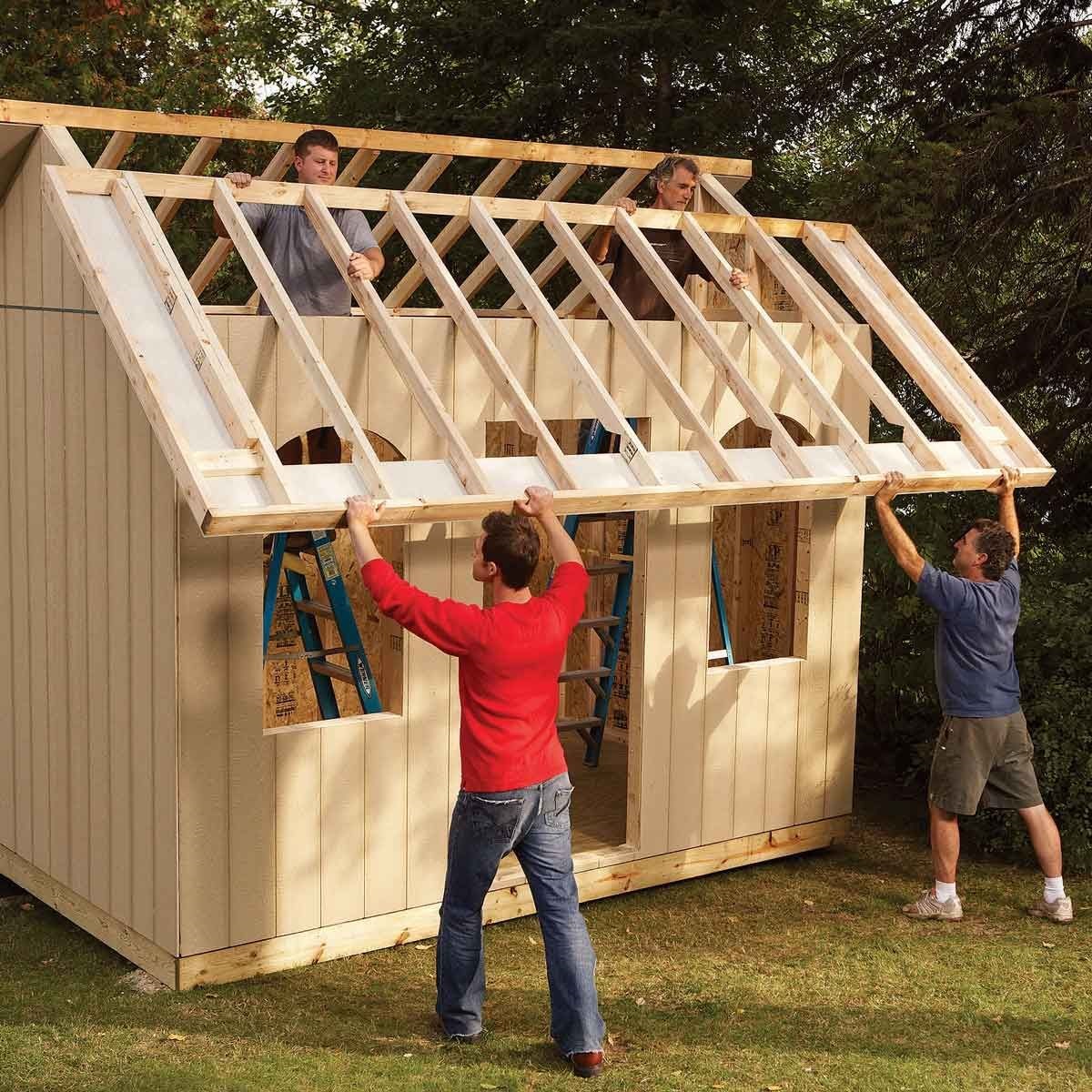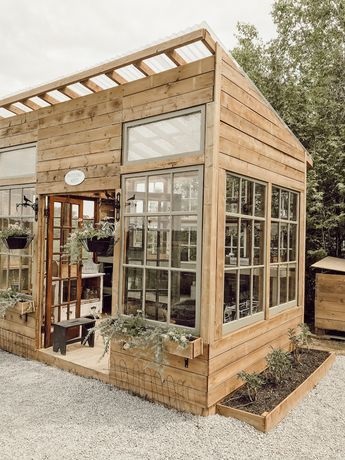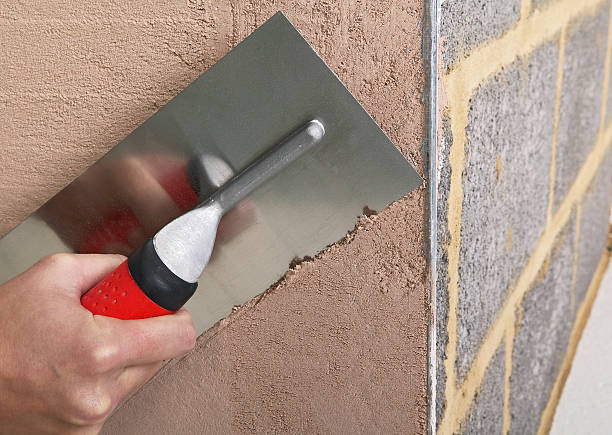The importance of modular construction

As a construction expert, it is evident that modular construction has gained increasing importance in the construction industry in recent years. Modular construction, also known as prefabricated construction or industrialized construction, is an innovative approach that involves manufacturing building components in a factory-controlled environment and then assembling them at the construction site. In this descriptive text, we will explore the importance of modular construction and how it has changed the way construction projects are carried out today.
Modular construction has gained significant importance in the construction industry due to its numerous advantages. One of the main reasons is construction time efficiency. By manufacturing components in the factory in parallel with the preparation of the construction site, the construction process can be accelerated compared to traditional methods. Modules, precisely manufactured in a controlled environment, are quickly assembled on site, allowing projects to be completed in shorter time frames and reducing labor costs.
In addition, modular construction is a sustainable option in the construction industry. Factory fabrication allows for better control of material usage, which minimizes waste and reduces environmental impact. In addition, many of the materials used in modular construction are recyclable and can be reused in future projects, which contributes to the reduction of construction waste and promotes sustainability in the industry.

Quality and consistency in construction are also key factors in the importance of modular construction. Modules are manufactured with precision in a controlled environment, ensuring consistent quality and greater durability compared to traditional methods. In addition, modular construction allows for greater quality control capabilities throughout the manufacturing process, from material selection to final inspection, resulting in buildings with fewer defects and construction problems.
Another important advantage of modular construction is its versatility in terms of design and configuration. Modules can be customized and adapted to a wide variety of applications, from single-family homes to high-rise buildings, educational, medical and commercial facilities. Designs can be predefined at the manufacturing stage, allowing for greater design accuracy and avoiding costly changes during construction. In addition, the modules are easily transportable, allowing them to be relocated and reconfigured in different locations according to project needs or changing site requirements.





